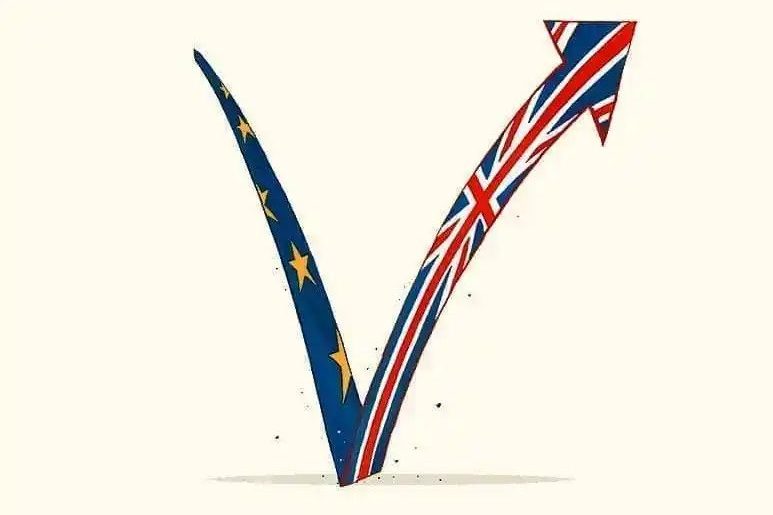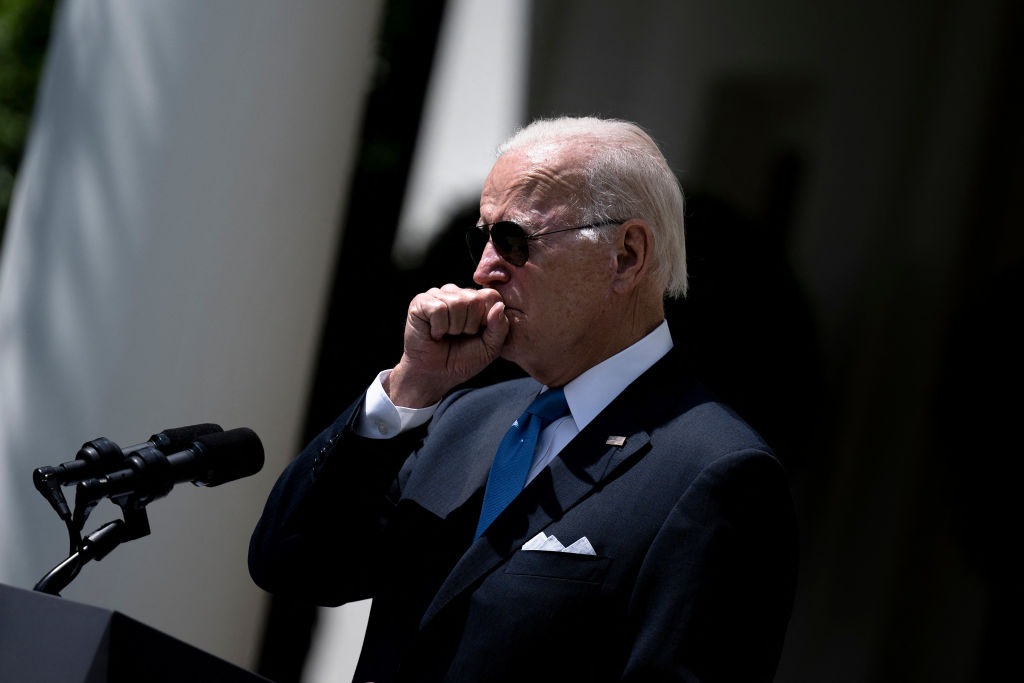A trade deal with the US has long been a holy grail for Brexiteers, not least because it is something that the European Union has failed to achieve. Barack Obama said Britain would have to go to the “back of the queue,” then Donald Trump said Britain was at the front of the queue. Unfortunately, though, Trump wasn’t minded to serve anyone before being replaced by Joe Biden, who has shown a similar lack of interest in trade deals. Indeed, Biden has returned the US to an age of protectionism through his bizarrely named Inflation Reduction Act, which offers grants and subsidies to green industries — so long as they are based in the US.
But Britain has now worked out an alternative strategy for the US: carry on dealing with the federal government, but work on agreements with individual states while you are waiting. The latest installment is a “memorandum of understanding” with Florida, signed by Governor Ron DeSantis and the UK’s trade secretary Kemi Badenoch today. It joins similar agreements with North Carolina, South Carolina, Oklahoma, Washington and Utah. But the deal with Florida is the most significant, given that it has the fourth highest GDP of any US state, with an economy around the size of Spain’s. Moreover, Florida is the base of much of the US’s space industry, which is a sector in which Britain is especially strong.
These agreements are undoubtedly a good thing, but they shouldn’t be mistaken for trade deals. They do not remove any tariffs or set up any legal process for trade disputes, other than what already exists under World Trade Organization rules. Rather they consist of an agreement to discuss and possibly lower non-tariff barriers to trade, to share academic research, set up worker exchange programs and hold trade fairs and the like.
Brexit always was going to be lop-sided
Have these memorandums actually succeeded in increasing trade? That is hard to say, because the first, with South Carolina, was only signed last December and so we don’t have a full year’s figures since. However, the UK’s government does claim that the agreement with North Carolina helped Marshall Aerospace set up an aircraft maintenance facility in the state.
Working on rapid, state-by-state agreements does show up the folly of the EU approach — ie the approach to trade which Britain stuck with while a member of the EU because any kind of bilateral trade agreement was not allowed. The EU tends to work on comprehensive trade deals which cover everything (except things like agriculture which the EU wants to keep under its protectionist umbrella) but which take years to negotiate. Under the EU approach nothing is agreed until everything is agreed — with the result that a UK space company wanting to do business with customers in Florida would be held up while EU negotiators fussed over, say, imports of peanut butter to Latvia. The EU’s trade deal with Canada, for example, was delayed for while by objections from a regional Belgian government. The new UK approach, on the other hand, is based on agreeing what can be agreed on quickly — without having to agree on everything, and, of course, without having to come up with something which keeps all EU states happy.
Over time, that may prove a far more effective strategy. But Brexit always was going to be lop-sided: while increased friction in trade between Britain and the EU was immediate, it will take years for initiatives such as trade agreements with individual US states to prove their worth.
This article was originally published on The Spectator’s UK website.


























Leave a Reply